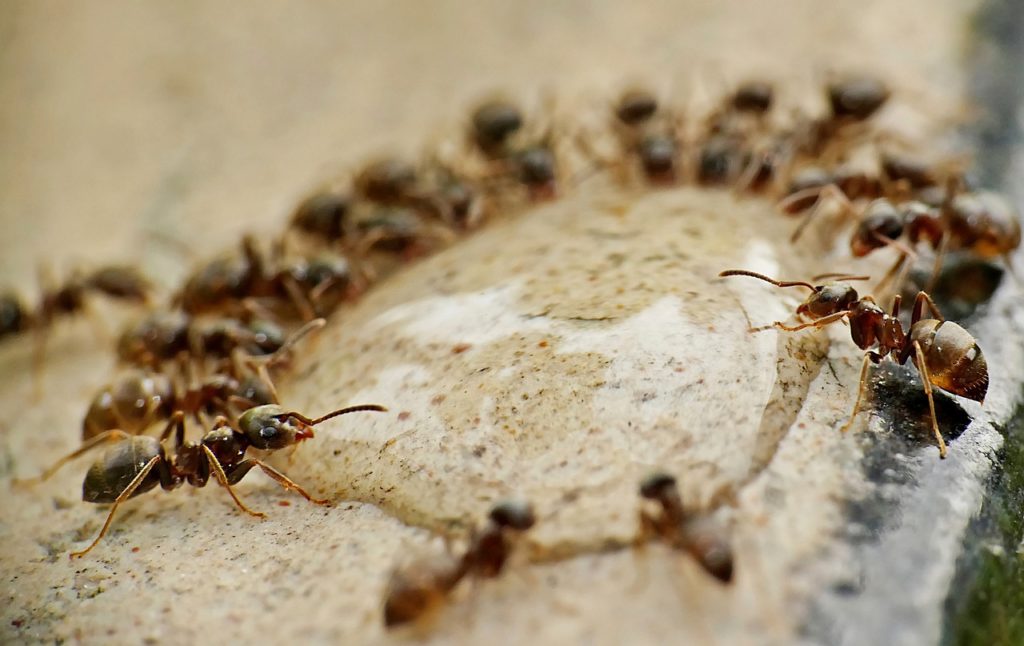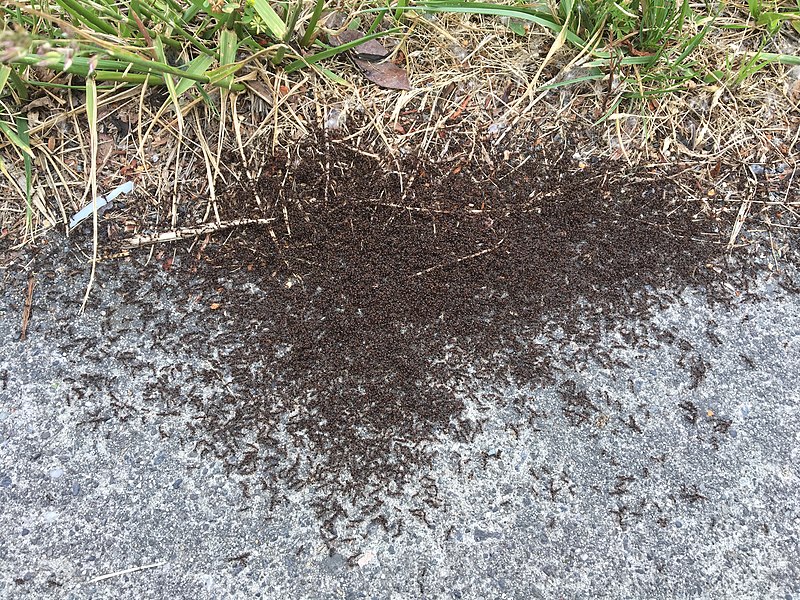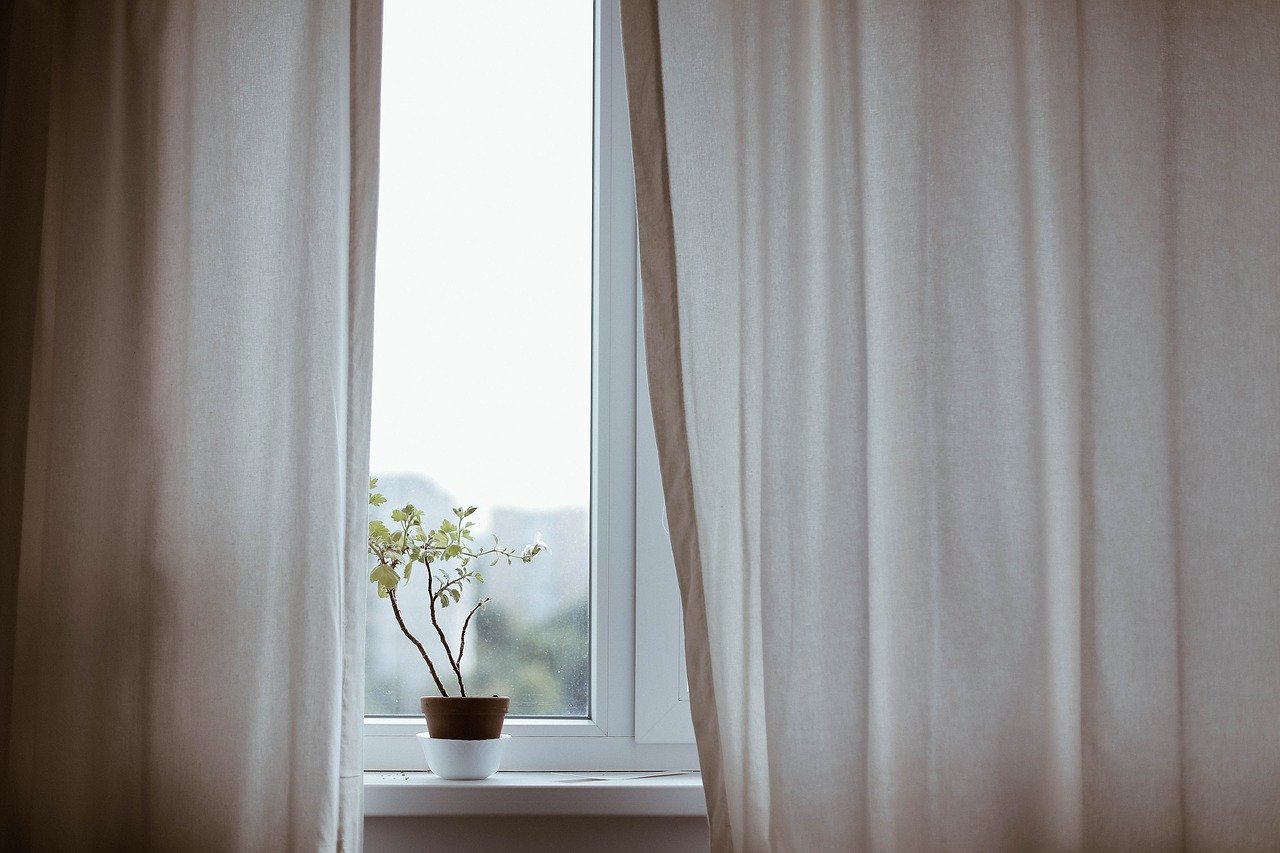Your bedroom is supposed to be your safe space — a comfortable place where you can rest and recuperate. The last thing you want is tiny ants in your bedroom! But what are tiny ants and why are they in your bedroom? And, more importantly, what can you do about tiny ants in your bedroom?
Fast facts about tiny ants
- There are many different kinds of tiny ants. Generally, humans don’t really care about ants. These insects all look the same to us. They are these tiny pests who are nuisances in our homes. But there are actually a lot of ant species, including fire ants and pavement ants. It’s important to know what kind of ant you have in your bedroom because different kinds of ants have different dangers and habits. And these differences can influence how you should get rid of them.
- Tiny ants are really not that dangerous. The good news is that tiny ants are really not a health threat to you and your family. They are just considered nuisance pests, meaning they are mostly there just to annoy you.
- You still don’t want tiny ants in your bedroom or anywhere in your home. Tiny ants are not completely harmless. Depending on the ant species you have at home, they can bite and sting, contaminate food and cause structural damage. Fire ants are some of the most dangerous ones when it comes to bites and stings. And carpenter ants are some of the most structurally destructive. Because of these potential dangers, you still shouldn’t ignore the tiny ants in your bedroom. Get rid of them as soon as you can.

Why do you have tiny ants in your bedroom?
- Tiny ants are finding food and water in your bedroom. You have probably already noticed this — ants seem to appear every time you leave food and water unattended. This is because ants are industrious foragers. They will travel around the vicinity of their nest and relentlessly look for resources. If they find these resources in your bedroom, don’t be surprised if you see an ant trail on your wall. Different ant species also have different dietary preferences, with some ants preferring sweets and others preferring high-protein foods.
- They find shelter opportunities. Tiny ants are just like any other animal in the world — they like to nest in comfortable locations. If they can find food in these locations, the better. Unfortunately, there are a lot of spots in your bedroom where tiny ants can thrive. Your bedroom window is a great example. Windows are safe spaces because there are often parts you don’t clean or disturb, so pests can thrive there. Windows also have small gaps all over them, from their opening to their edges. Considering that ants are already tiny to begin with, these gaps become easy passageways for them. Walls, especially those with cracks and holes, are also great nesting spots for tiny ants.
- There is an ant colony nearby. The tiny ants in your bedroom are not necessarily nesting there. They may be nesting somewhere else and are just going to your bedroom because there is food and water there. You should also check your bathroom and kitchen, as these are the most common areas where ants will nest. This is because these areas have easy access to food and water. Outside your home, you may find ants nesting in concrete slabs, and plants, — they can even nest inside your car! So, you should check your garage, garden, yard, and car.
How to get rid of the tiny ants in your bedroom
- Get rid of food and water sources. Get rid of the very things that attract tiny ants into your bedroom in the first place — the food and water sources. As much as possible, don’t eat or drink anything inside your bedroom. But it’s too comfortable of a place to eat and drink, so you probably won’t follow this advice. What you can do is clean up immediately after eating and drinking. Make sure there are no food crumbs or drink spills anywhere, especially near potential passageways like doors, windows, and wall cracks.
- Use pesticide or non-pesticide ant control methods. You can use ant baits and insecticides to get rid of tiny ants. Just make sure to follow the instructions on their labels to ensure that you are using them correctly and safely. Also, take note that they may have harmful ingredients. Be careful in using them if you have children or pets in the bedroom. You can also try more natural methods, like pouring boiling water into the ant nest or sprinkling natural repellents like cinnamon near ant passageways.
- Look for the ant colony. Ant nests can be hard to find, especially if they are not inside your bedroom. But there is a simple trick to find them wherever they are — following ant trails. Simply place food and water in your bedroom and wait for the ants to come for them. Follow the ant trail and it will lead you back to the ant nest. If it is not inside your bedroom, it’s most likely to be somewhere near a passageway. For example, you may see an ant trail going through your window and into your garage.

Getting rid of tiny ants
There are many different kinds of tiny ants that can infest your home. Generally, they are really not that dangerous because they are not immediate health threats. But they can still be dangerous because they can bite and sting, contaminate your food and destroy your property. The level of danger will depend on what kind of tiny ant you have in your bedroom. Be particularly alarmed if the ants happen to be carpenter ants or fire ants.
To get rid of the tiny ants in your bedroom, you have to get rid of the things that attract them there in the first place, like food, water, and shelter opportunities. You can use commercial products like pesticides, but you can also try natural solutions like boiling water.
If all else fails, don’t be afraid to get help from pest control professionals.

